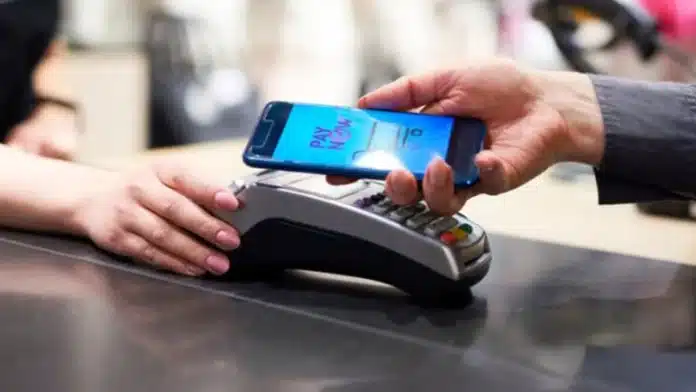Digital wallets set to dominate retail payments, Worldpay study reveals
A recent study by Worldpay reveals a notable increase in the adoption of digital wallets, signaling a transformative change in the global payments landscape.
The Global Payments Report 2024 underscores the rising consumer preference for digital wallets, citing reasons like ease of use, accessibility, and improved security features.
The report states that digital wallets contributed an impressive $13.9 trillion to global transaction value in 2023, making up half of all online transactions and 30% of consumer spending at point-of-sale (POS).
Continue Exploring: Retail sales show modest 5% increase in February 2024: RAI Survey
The findings indicate that this trend is expected to persist, with digital wallets forecasted to exceed $25 trillion in global transaction value by 2027, making up 49% of all online and POS sales combined.
The study highlights several factors driving the swift adoption of digital wallets.
The convenience provided by these platforms, combined with growing consumer trust due to improved security measures, has fueled their broad acceptance.
Furthermore, the report highlights that the Covid-19 pandemic acted as a catalyst for the rapid adoption of digital wallets, propelling them into the mainstream as consumers looked for contactless payment alternatives.
Although digital wallets have gained popularity worldwide, the report points out regional differences in payment preferences.
In markets like the US, where consumers have a strong affinity for credit and debit cards, they often link these cards to their digital wallets.
On the other hand, in countries like Brazil and India, where cash-based economies are transitioning to digital payments, instant-payment services like Brazil’s Pix are becoming popular due to their convenience and reliability.
Gabriel de Montessus, head of Global Enterprise at Worldpay, highlighted the importance of understanding consumer preferences to drive payment innovation.
He emphasized the role of digital wallets in enhancing payment experiences, both online and in-store, and encouraged stakeholders throughout the payments ecosystem to collaborate in providing increased payment flexibility for consumers and merchants.
The report also emphasizes the increasing importance of alternative payment methods, like account-to-account (A2A) transactions, especially in regions where governments have invested in building the required infrastructure.
In nations like Brazil, India, and the Netherlands, A2A payments are expected to have a substantial impact on the future of e-commerce transactions, highlighting the changing dynamics of the global payments landscape.
Continue Exploring: India’s retail market set to hit $2 Trillion in next decade: BCG-RAI Report





